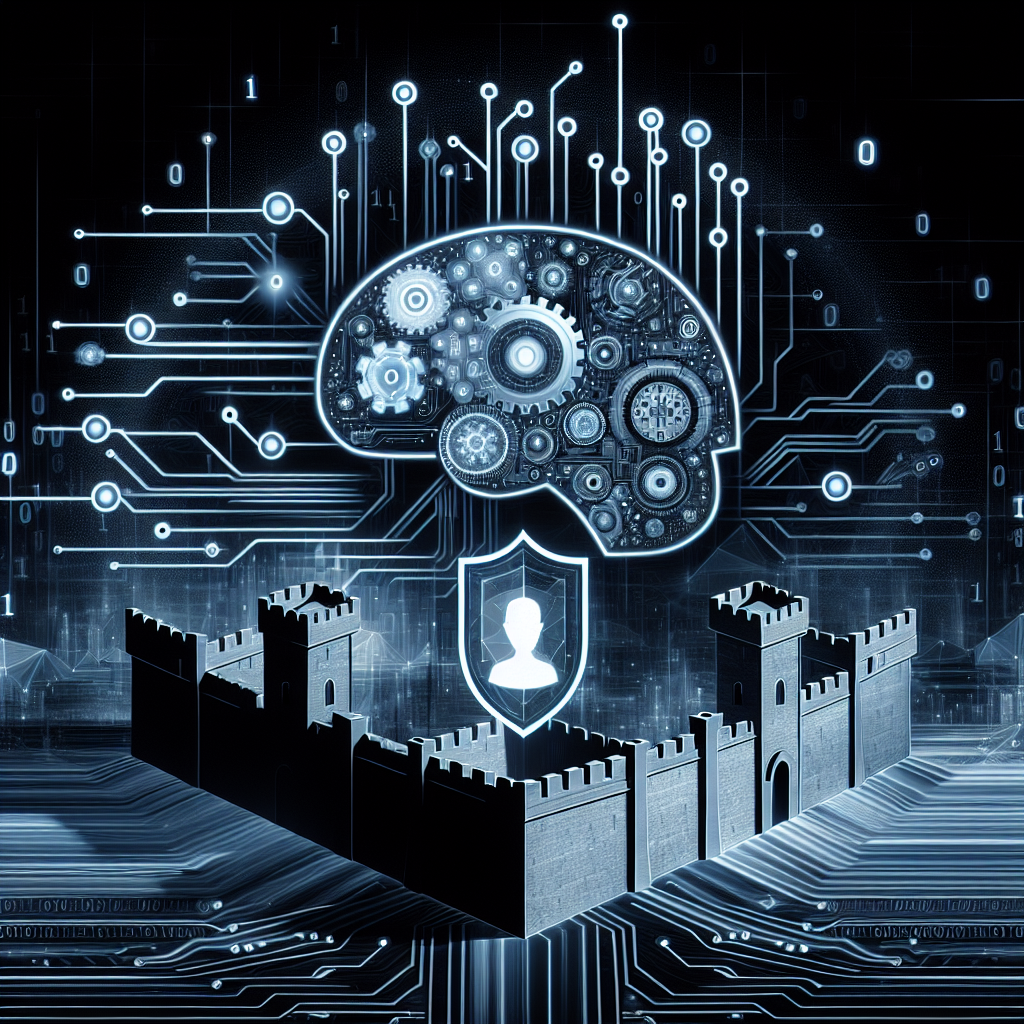Artificial intelligence (AI) has become a powerful tool in many aspects of our lives, from assisting in medical diagnoses to improving customer service. However, the increasing use of AI has raised concerns about privacy rights and data protection. As AI continues to develop and become more integrated into society, the debate on privacy rights is being reshaped in new and complex ways.
One of the main concerns surrounding AI and privacy rights is the collection and use of personal data. AI systems rely on vast amounts of data to learn and make decisions, and this data often includes sensitive information about individuals. This raises questions about who has access to this data, how it is being used, and whether individuals have control over their own information.
Another key issue is the potential for AI systems to make decisions that impact individuals’ lives without their knowledge or consent. For example, AI algorithms used in hiring processes or loan approvals may inadvertently discriminate against certain groups of people, leading to unfair outcomes. This highlights the need for transparency and accountability in AI systems to ensure that they are being used ethically and responsibly.
Furthermore, the increasing use of AI in surveillance and monitoring raises concerns about the erosion of privacy rights. Facial recognition technology, for example, can track individuals’ movements and activities without their consent, raising questions about the right to privacy in public spaces. These technologies have the potential to infringe on individuals’ rights to privacy and autonomy, leading to calls for stricter regulations to protect against abuse.
In response to these concerns, governments and regulatory bodies are starting to take action to protect privacy rights in the age of AI. The European Union’s General Data Protection Regulation (GDPR), for example, sets strict guidelines for the collection and processing of personal data, including the right to be informed and the right to erasure. These regulations are designed to ensure that individuals have control over their own data and can hold organizations accountable for how it is used.
In addition to regulatory efforts, companies are also taking steps to address privacy concerns related to AI. Many tech companies are investing in research and development to improve the transparency and fairness of AI algorithms, as well as implementing privacy-enhancing technologies to protect individuals’ data. Some companies have even appointed chief ethics officers to oversee the ethical use of AI within their organizations.
Despite these efforts, the debate on privacy rights in the age of AI remains complex and ongoing. As AI continues to advance and become more integrated into society, new challenges and questions will arise about how to balance the benefits of AI with the protection of privacy rights. It is crucial for policymakers, technologists, and society as a whole to work together to address these issues and ensure that AI is used in a way that respects and upholds individuals’ rights to privacy.
FAQs:
Q: How does AI impact privacy rights?
A: AI systems rely on vast amounts of data to learn and make decisions, which can include sensitive personal information. This raises concerns about who has access to this data, how it is being used, and whether individuals have control over their own information.
Q: What are some examples of AI technologies that raise privacy concerns?
A: Facial recognition technology, AI algorithms used in hiring processes or loan approvals, and surveillance technologies are examples of AI technologies that raise privacy concerns.
Q: What are some steps that can be taken to protect privacy rights in the age of AI?
A: Steps that can be taken to protect privacy rights in the age of AI include implementing stricter regulations, investing in research and development to improve transparency and fairness, and appointing chief ethics officers to oversee the ethical use of AI within organizations.

